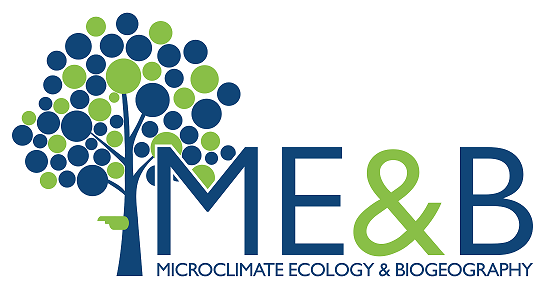Keynotes
The conference has the honour to present talks given by five invited keynote speakers: Lauren Buckley, Kristoffer Hylander, Michael Kearney, Eduardo Maeda, and Timo Vesala.
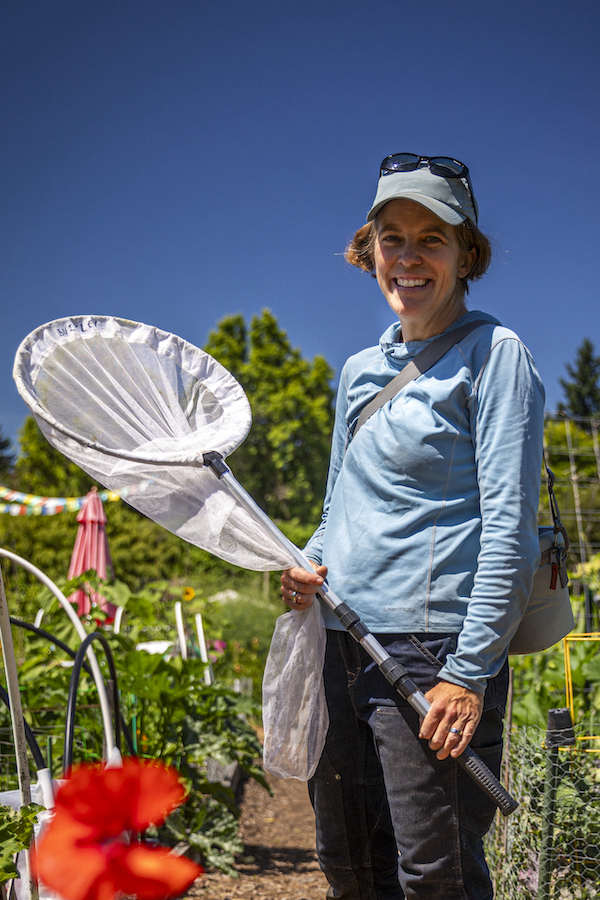
Lauren Buckley
Lauren Buckley is a professor in Biology at the University of Washington. Her research integrates modelling, field and lab collection of ecological and physiological data, and ecoinformatics to examine how biology (morphology, physiology, and life history) determines an organism’s ecological and evolutionary responses to climate change. A focus in characterizing how organisms experience and respond to fine scale spatial and temporal environmental variation. Much of our recent work has entailed repeating functional experiments and observations on montane insects after several decades of climate change to assess ecological and evolutionary responses. Our TrEnCh project builds computational and visualization tools to Translate Environmental Change into organismal responses and improve capacity for ecological and evolutionary forecasting.
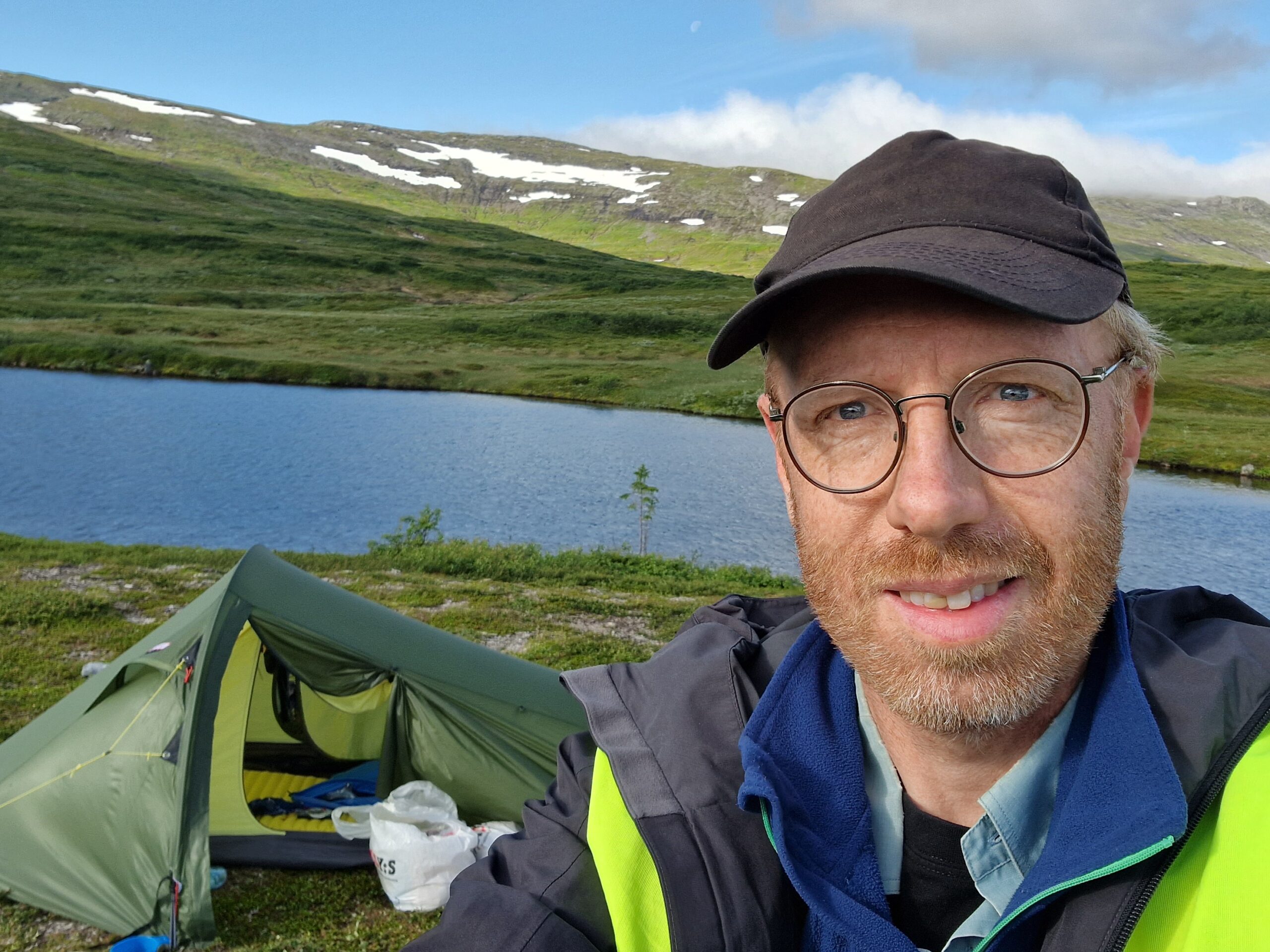
Kristoffer Hylander
Kristoffer Hylander is a professor in Plant Ecology at the Department of Ecology, Environment and Plant Sciences at Stockholm University. He is interested in biodiversity in natural and human altered systems, with a focus on boreal forests and tropical coffee agroforestry systems. The last years his focus has been on understanding how the understory microclimate is shaped by the overstory and how such variation contributes to our understanding of ecological patterns and processes, to be used to guide climate adaptation of biodiversity conservation.
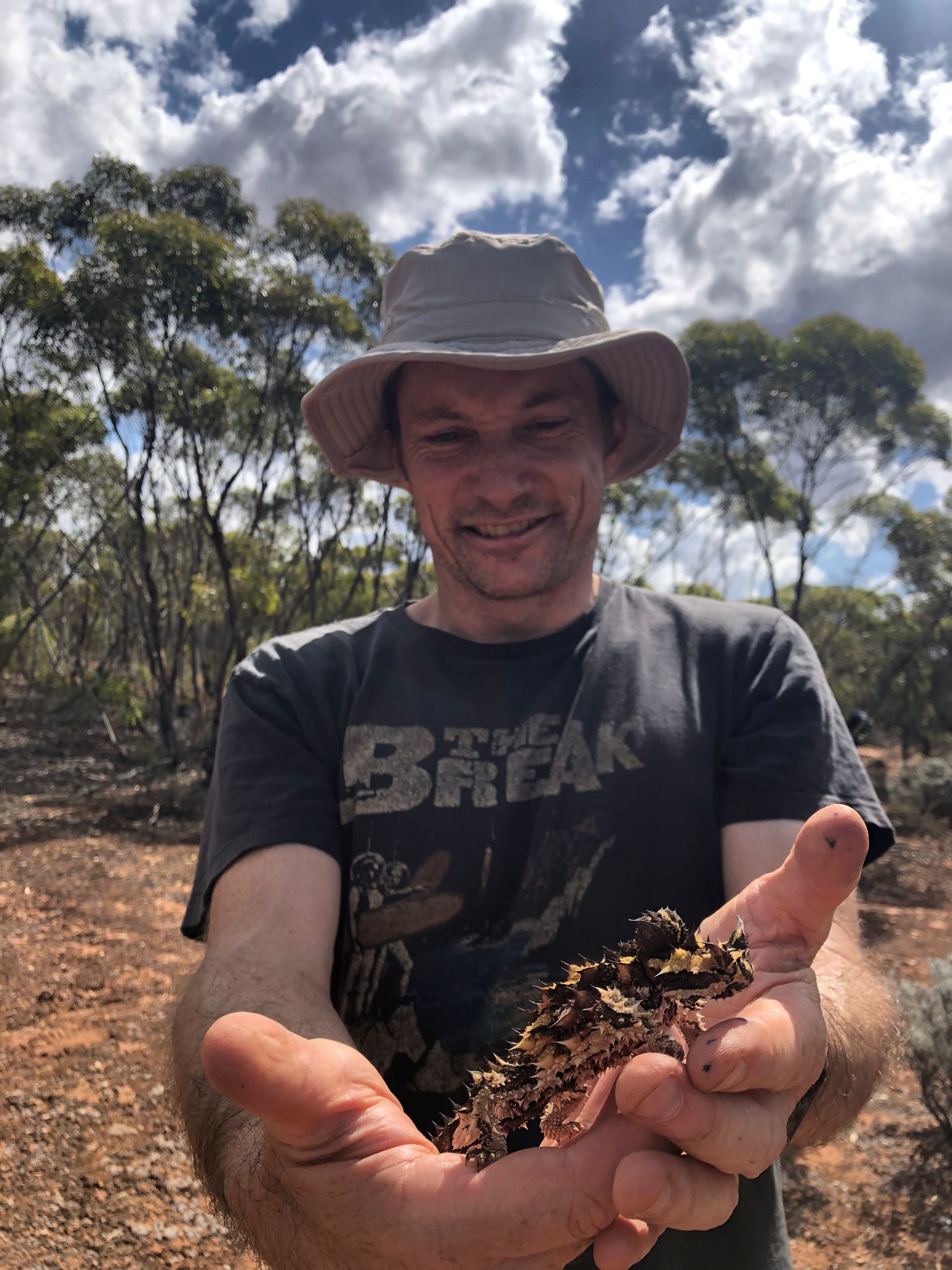
Michael Kearney
Michael Kearney is a professor in Ecology and Evolution in the School of BioSciences at The University of Melbourne. He has developed conceptual and technical approaches to study the distribution and behaviour of organisms using the principles of energy and mass exchange. He has mostly focused on terrestrial environments where it is necessary to capture the microclimates experienced by organisms. He is the developer and maintainer of the NicheMapR package for modelling microclimates and the energy and mass budgets of animals and plants.
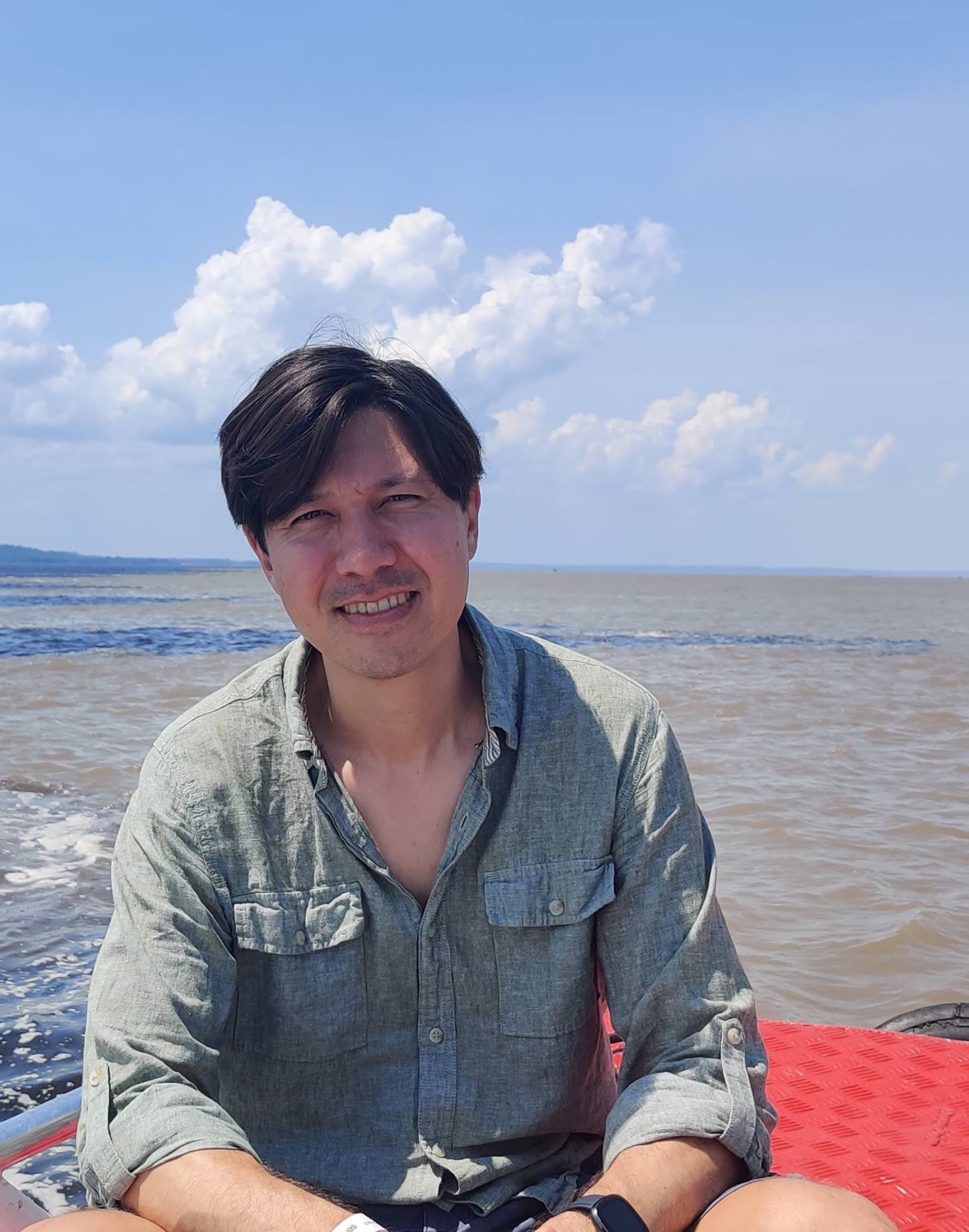
Eduardo Maeda
Eduardo Maeda is an associate professor at the Department of Geosciences and Geography at University of Helsinki, and the Finnish Meteorological Institute. In his research, Eduardo focuses on understanding environmental changes in terrestrial ecosystems, mainly using remote sensing and modelling tools. Eduardo coordinates experiments in the Brazilian Amazon, Malaysia, and Kenya, where substantial amount of data are being collected, including Terrestrial Laser Scanning and microclimate data. He leads the Terrestrial Ecosystem Dynamics Laboratory (TreeD lab).
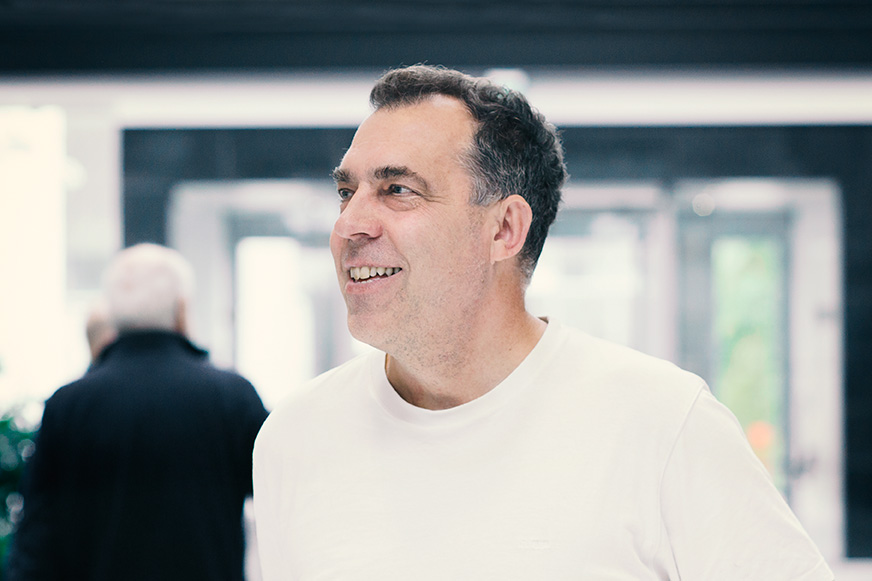
Timo Vesala
Timo Vesala is a professor in Meteorology at Institute for Atmospheric and Earth System Research in University of Helsinki. His main research fields are micrometeorology, biosphere-atmosphere interactions, ecophysiology and biogeochemical cycles – especially carbon and water cycles – in forests, wetlands and lakes and related greenhouse and other trace gas exchange with the atmosphere. His expertise ranges from cell, plant, ecosystem and regional to global scales. Vesala has contributed to public debate on climate impacts of forestry. He has promoted and produced several pieces of art combining art and science.
